The Scottish Canoe Association has appointed a former police superintendent to investigate the construction of unauthorised obstacles in the River Tay.
The organisation was booted off the river after concrete barriers were discovered in a stretch known as the Grandtully rapid on July 31.
The association had leased that stretch of river from the Pitcastle estate. It was allowed to erect slalom gates, which were used for training and competing.
It has insisted all along it “had no knowledge of and played no part in the construction of these new structures”.
However, the discovery of the unauthorised obstacles led to the termination of the lease.
Now Scottish Canoe chiefs have revealed they have appointed an independent investigator to find out what happened.
The probe will be led by Murray Main,who retired from Police Scotland last year. He was a superintendent in Aberdeenshire.
In a statement on its website the group says: “Murray Main is a recently retired Superintendent with Police Scotland with 32 years experience.
“He has a proven track record of undertaking, managing and overseeing a diverse range of complex investigations, reviews, complaints and inquiries.”
Canoe Association says River Tay construction is worse than it thought
The association said it would be making no further comment until the investigation is completed.
However, it has been working to remedy the situation and restore the river to its natural state.
And it has now confirmed that “the unauthorised building work in the river was more extensive than initially identified.”
People are being urged to exercise caution when using the river as the constructions may be hidden by changing water levels.
The rogue barriers, fashioned from concrete and stone, also prompted environmental concerns.
Two British Canoeing slalom events, planned for the end of August at Grandtully, were called off following their discovery.
The Scottish Environmental Protection Agency (SEPA) said it would be overseeing the removal of the obstacles in a controlled, safe, and managed way.
A spokesman previously said: “Unauthorised river engineering works can present a multitude of risks to the environment, from immediate pollution to longer term erosion and sediment transport issues.”
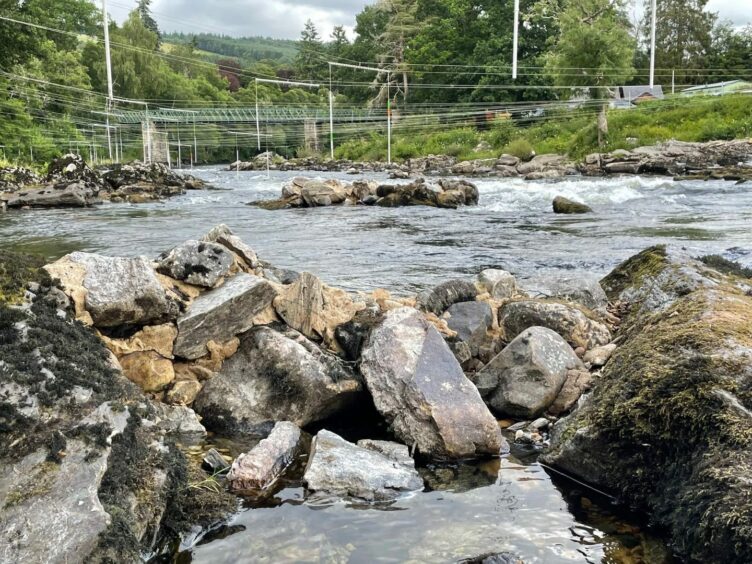
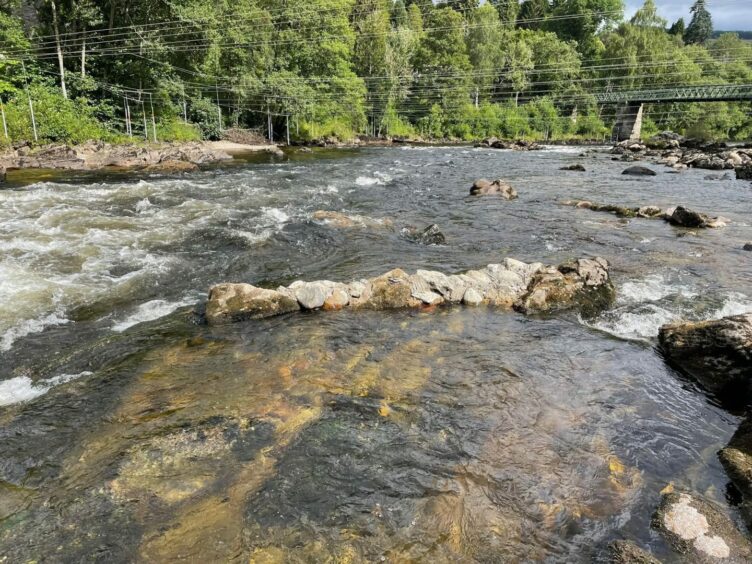
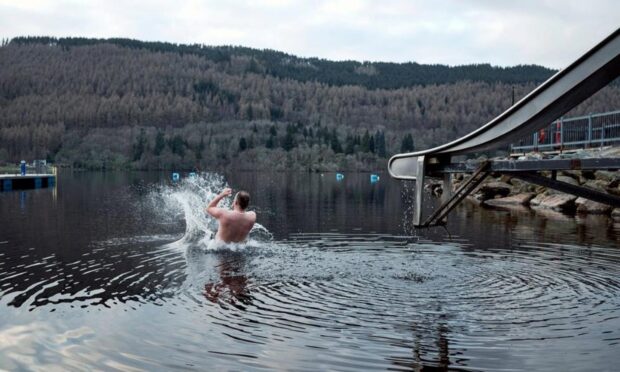







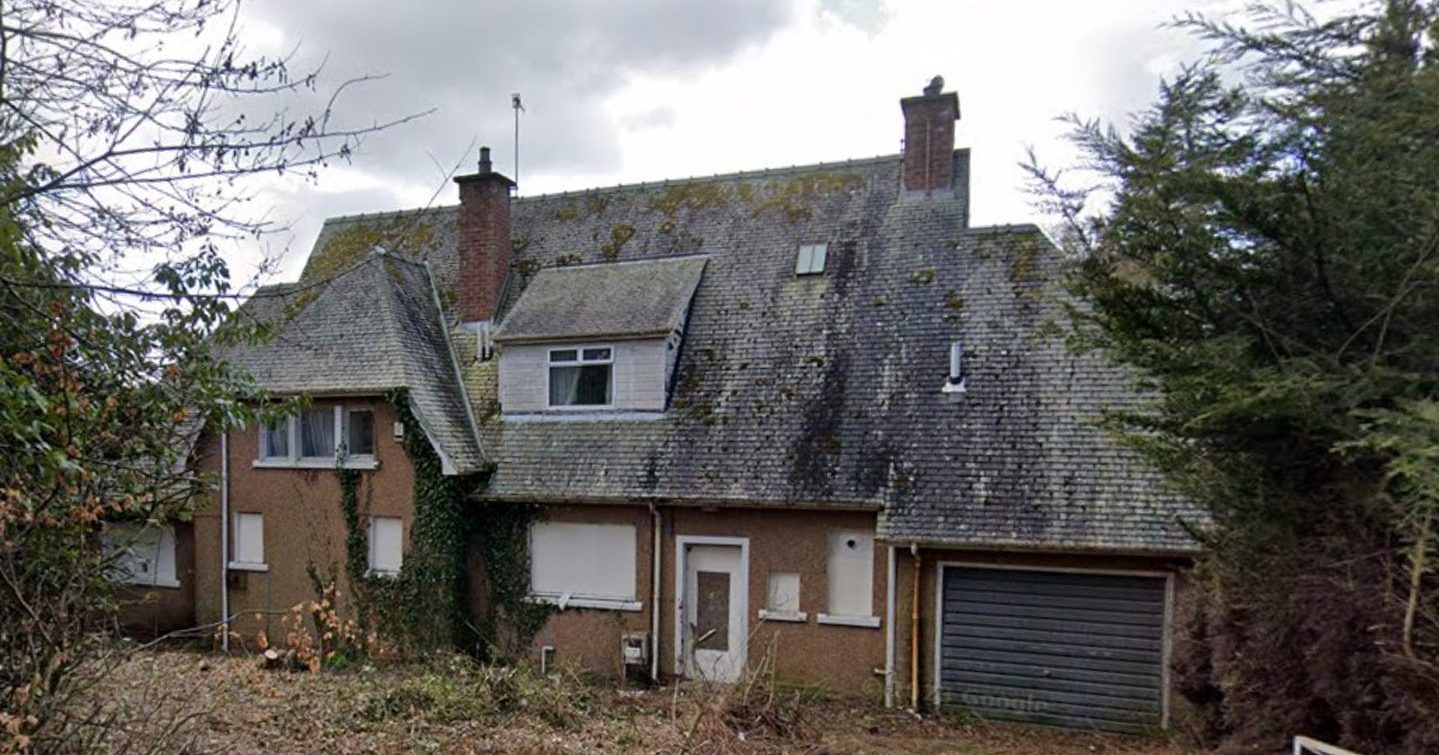
Conversation